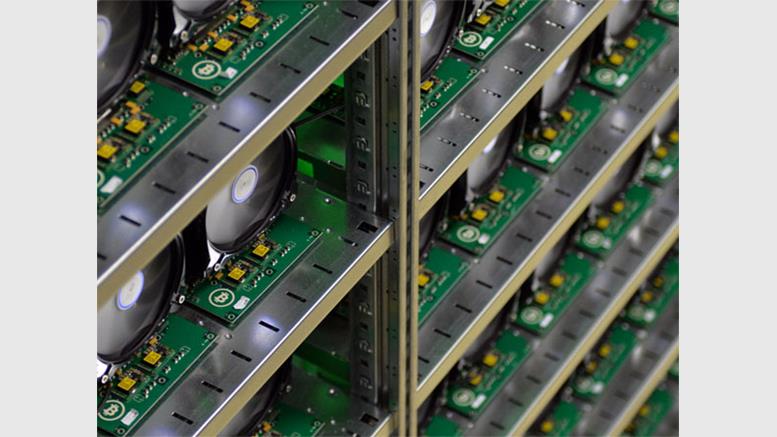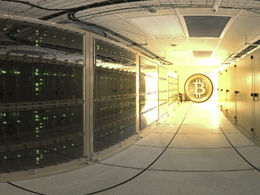
NSF OIG Report: Researcher Used NSF-Funded Supercomputers to Mine Bitcoins
In a March 2014 Semiannual Report to Congress prepared by the National Science Foundation's [NSF] Office of the Inspector General [OIG], the organization outlines an incident in which a researcher used NSF-funded supercomputers to mine bitcoin. According to report details, the researcher/professor used supercomputing resources at two universities here in the United States to generate bitcoins valued between $8,000 and $10,000. The National Science Foundation pegs the computer misuse costs at a whopping $150,000. Said researcher said the he was running tests on both systems merely as a....
Related News
A National Science Foundation (NSF) researcher has been barred from working with the US government following the discovery that he used federally funded supercomputers to mine bitcoin without authorization. The administrative action was revealed as part of the latest NSF Office of Inspector General (OIG) report issued to Congress and recently posted online. The unnamed researcher is alleged to have used more than $150,000 in NSF-supported computer activity to generate an estimated $8,000 to $10,000 in BTC. The researcher asserted that he was simply conducting tests on the supercomputers,....
This article was written by Ruben Alexander and Brian Cohen. The NSF or National Science Foundation Office of the Inspector General (OIG) just posted on their website their March 2014 Semiannual Report to Congress (PDF with metadata create date of 5/27). This report contains a write-up on an "Administrative Investigation" by the OIG entitled "Government-wide Suspension Recommended for Researcher Who Used NSF-Funded Supercomputers to Mine Bitcoins" (full extract at bottom). The National Science Foundation according to itswebsiteis "an independent federal agency created by Congress in 1950....
Supercomputers are ultrahigh-performance machines that crunch numbers at dazzling speeds in order to advance research in aerospace, climate science, fundamental physics and cosmology, genomics, and medicine — not to mention more mundane applications like big data and financial analysis. Supercomputing research in the U.S. received a boost with the National Strategic Computing Initiative (NSCI), introduced in 2015 to advance “exascale” supercomputers capable of performing a quintillion operations a second (30 times faster than today’s fastest computer), or one exaflop, by 2025. Of course....
The ultra-resilient bitcoin network is the world's largest distributing computing project in terms of raw computational power, having long ago surpassed 1 exaFLOPS (1,000 petaFLOPS) - over eight times the combined speed of the top 500 supercomputers. Although since increasing to an amazing 3.2 zettaFLOPS (3,200 exaFLOPS), the project was quietly removed from Wikipedia's list of distributed computing projects. This is probably due to the fact that the exaFLOPS estimate breaks down with bitcoin's specialized ASICs, since they are not capable of floating-point operations. Instead, the....
DeMorgan Ltd., a Sydney, Australia-based company focused on alternative currency and next generation banking, will offer a free, five-week webinar course on Australian supercomputers beginning June 17. The course will be offered in conjunction with IT Masters and Charles Sturt University in Australia. DeMorgan Ltd. has completed several bitcoin-based research projects. The course has been designed for experienced C programmers interested in learning how to program and maintain supercomputers. Students are expected to be familiar with C programming language and Linux. They will also need a....





